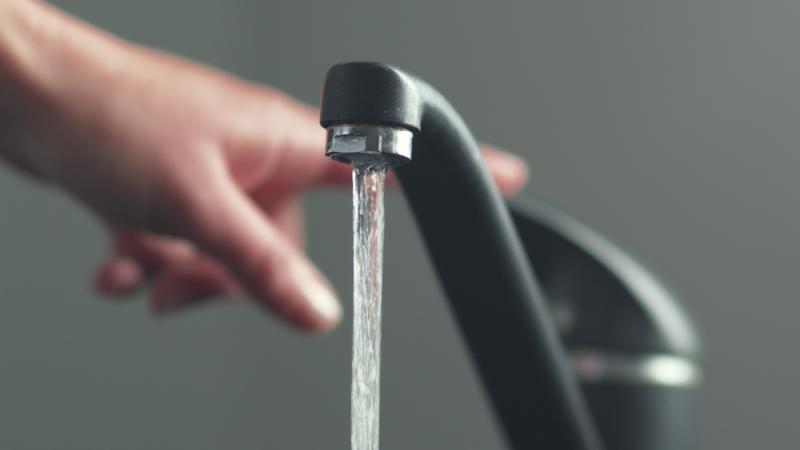About The Lawsuit

Camp Lejeune Water Contamination and Veterans Affairs Disability Benefits
The Camp Lejeune Justice Act aims to improve disability benefits for veterans exposed to toxins. The CLJA was signed into law by President Biden on August 10, 2022, and allows injured Marines and their families to finally be able to seek justice for exposure to toxic water at Camp Lejeune between August 1, 1953, and December 31, 1987.
The Marine Corps Base Camp Lejeune is home to II Marine Expeditionary Force, 2nd Marine Division, 2nd Marine Logistics Group, and a naval hospital. The base and its surrounding community are home to a population of approximately 150,000 people. Between August 1953 and December 1987, veterans, their spouses, their children, and even workers living off-base at Camp Lejeune, North Carolina were unknowingly exposed to toxic chemicals that have been scientifically linked to serious health concerns.
The Camp Lejeune Justice Act recognizes that military families consumed contaminated drinking water for decades at Camp Lejeune. Runoff from storage tanks, treatment plants, and a nearby dry cleaner put Trichloroethylene (TCE), Perchloroethylene (PCE), Benzene, and Vinyl Chloride into the camp’s water supply. All of these harmful chemicals are classified by federal agencies as causes of cancers and other deadly diseases.
Multiple federal agencies have recognized the health effects of the contamination. The Department of Veterans Affairs has established a presumptive service connection for those exposed to contaminants in the water supply at Camp Lejeune from August 1, 1953, through December 31, 1987, and who later developed one of eight diseases.
Veterans and their families began filing suits against the U.S. government in 2005, alleging harm from exposure to contaminated drinking water. In 2016, all claims were dismissed. The court determined that such claims were barred by both federal and North Carolina law. Under the Feres doctrine, service members may not sue the U.S. government for injuries incurred “incident to military service.” Under the North Carolina statute of repose, an unusual law, a plaintiff is barred from bringing a suit more than 10 years after the contamination occurs.
Symptoms and Disorders Caused by Camp Lejeune Water Contamination
Camp Lejeune water contamination has been linked to the serious health issues of veterans and their families, including:
- Aplastic Anemia
- Birth defects
- Bladder Cancer
- Brain Cancer
- Breast Cancer
- Cardiac Defect
- Cervical cancer
- Dental issues
- End-Stage Renal Disease
- Epilepsy
- Esophageal Cancer
- Female Infertility
- Hepatic Steatosis (Fatty Liver Disease)
- Hodgkin’s Disease
- Intestinal Cancer
- Kidney Cancer
- Kidney Disease
- Leukemia
- Liver Cancer
- Lung Cancer
- Miscarriage or fetal death
- Multiple Myeloma
- Myelodysplastic Syndromes
- Neurobehavioral Effects
- Non-Hodgkin's Lymphoma
- Pancreatic Cancer
- Parkinson's Disease
- Prostate cancer
- Renal Toxicity
- Scleroderma
Who Qualifies to File a Claim for Camp Lejeune Water Contamination
To potentially qualify for disability compensation, a veteran must provide evidence for three things:
- A current disability;
- An in-service injury or illness; and
- A link between the in-service injury or illness and the current disability.
Under the Veterans Affairs rules regarding Camp Lejeune water contamination, veterans with certain service experience do not need to prove an in-service injury or illness the same way they would for other claims — instead the injury (exposure to contaminated water) is presumed if the veteran:
- Received a discharge under conditions other than dishonorable from active duty, reserve, or National Guard service; and
- Served at Camp Lejeune (or MCAS New River) for a total of at least 30 days between August 1, 1953, and December 31, 1987.
If you are uncertain if you qualify for compensation based on the above criteria, reach out to Morgan & Morgan today for a free, no-obligation case evaluation to learn more about your claim.


